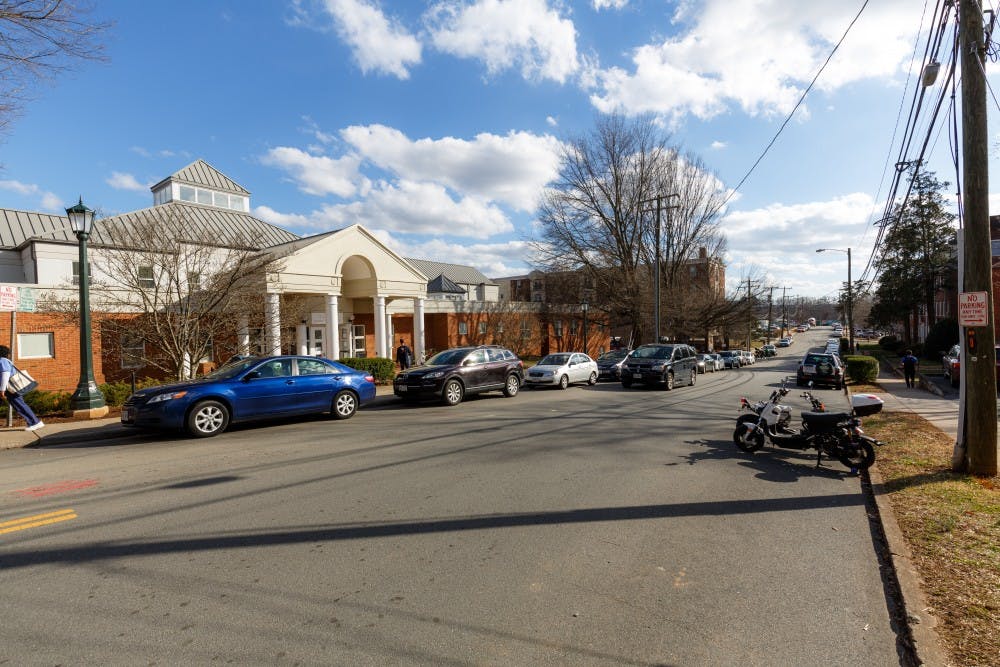The University’s proposed Brandon Avenue development has hit a potential stumbling block as Mayor Nikuyah Walker is asking that U.Va. pay for City-owned property it had hoped to use for free in the development of a new “green street.”
“Gifting property, what the hell?” Walker said on her weekly Facebook livestream March 14, responding to a comment. “Especially someone who doesn’t contribute to the community the way it should. The way the U.Va. system and their foundation is set up, they pay almost no taxes, they get reduced rates on transportation, water and sewer … What they do want to do is have a whole lot of scholarly conversations with very little action.”
The Brandon Avenue master plan, approved by the Board of Visitors in September 2016, calls for a new upperclassmen residence hall and a redesigned student health center alongside ecocentric pedestrian areas. Though the University could seek exceptions to the City’s zoning ordinance — the Brandon Avenue area is zoned R-UHD, or University High Density Residential — the University Architect’s master plan for the region calls for zoning compliance, meaning new buildings cannot be taller than 50 feet without a special use permit from City Council.
The University and the U.Va. Foundation, which manages University real estate and related finances, together own 92 percent of the project’s total redevelopment area. However, the streets themselves — Brandon Avenue as well as portions of Monroe Lane and 15th Street, summing to 58,773 square feet — are currently the property of the City.
City Assessor Jeffrey Davis provided valuations by looking at nearby properties. He wrote in a letter to Deputy City Attorney Lisa Robertson the land is worth $2.75 million, but subtracted a substantial amount due to a deed restriction — the University would be required to use the property as a “green street” in perpetuity and would prevent future development. The final value he quoted to Robertson was $539,000.
“I have to use the assessed value that we’ve assigned to the properties in the area,” Davis said. “Depending on whatever the surrounding property values on Brandon Ave and Monroe Lane, I had to use the same assigned square footage values.”
The University would be receiving a substantial discount if it had to pay only reduced rate, but Walker doesn’t believe the University should be given this assistance.
“U.Va. needs to pay for the value of the land,” Walker said. “They’ll get the benefits of it … It’s a no brainer.”
Meanwhile, Deputy University Spokesperson Wesley Hester said the City stands to benefit from the deal, even while the University requested the property for free.
“The University would be taking over maintenance of the street, which relieves the City of an ongoing operating cost,” Hester said in an email to The Cavalier Daily. “In addition, we are improving the street; improving the safety of the intersection of Brandon Avenue with JPA; and relocating the bus stop. We believe all of these actions provide value to the City, community and our students.”
According to a tentative agenda for Council, councilors will vote on the gifting or sale of the properties on April 2, Walker said on the livestream.







